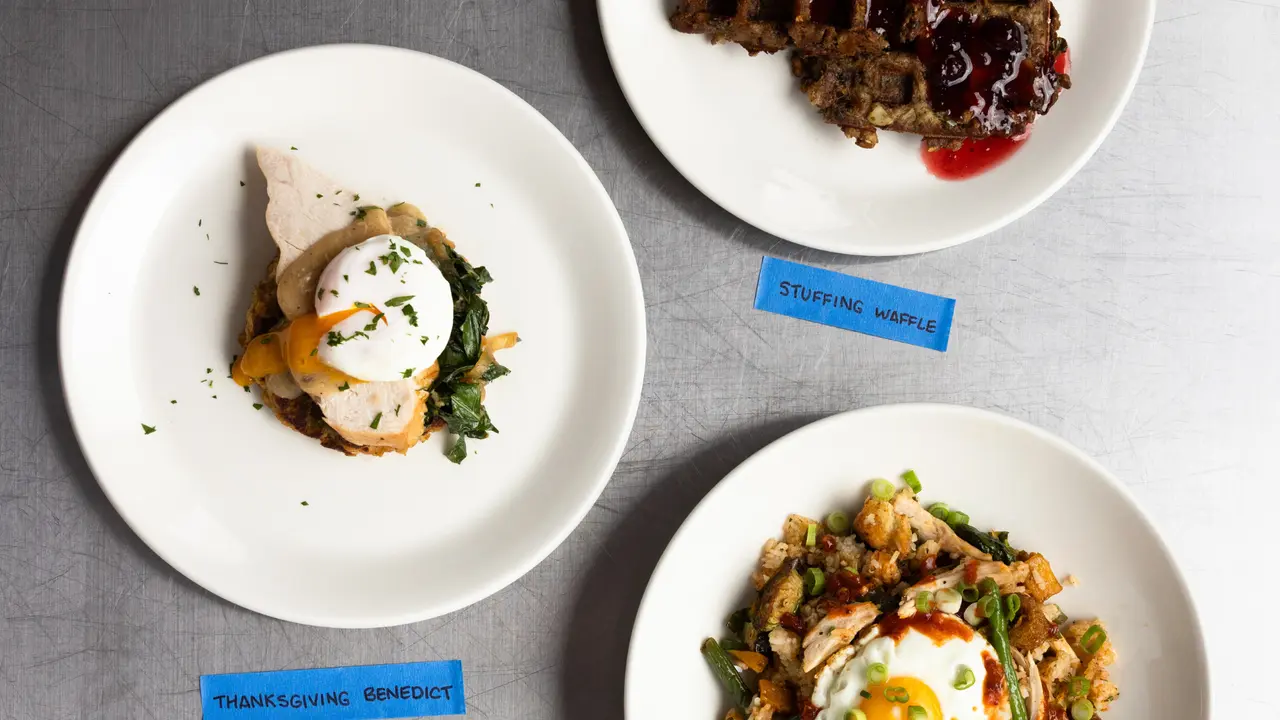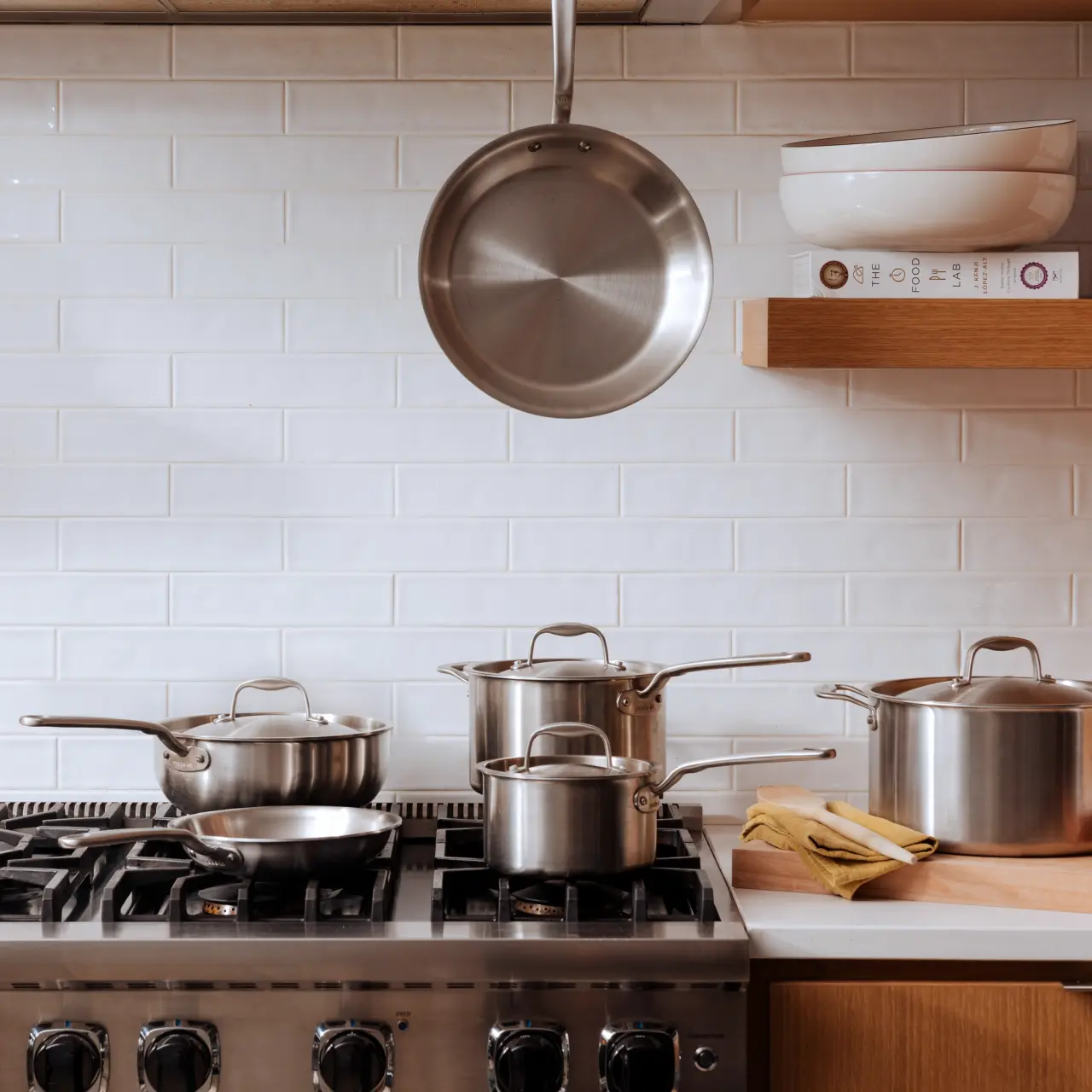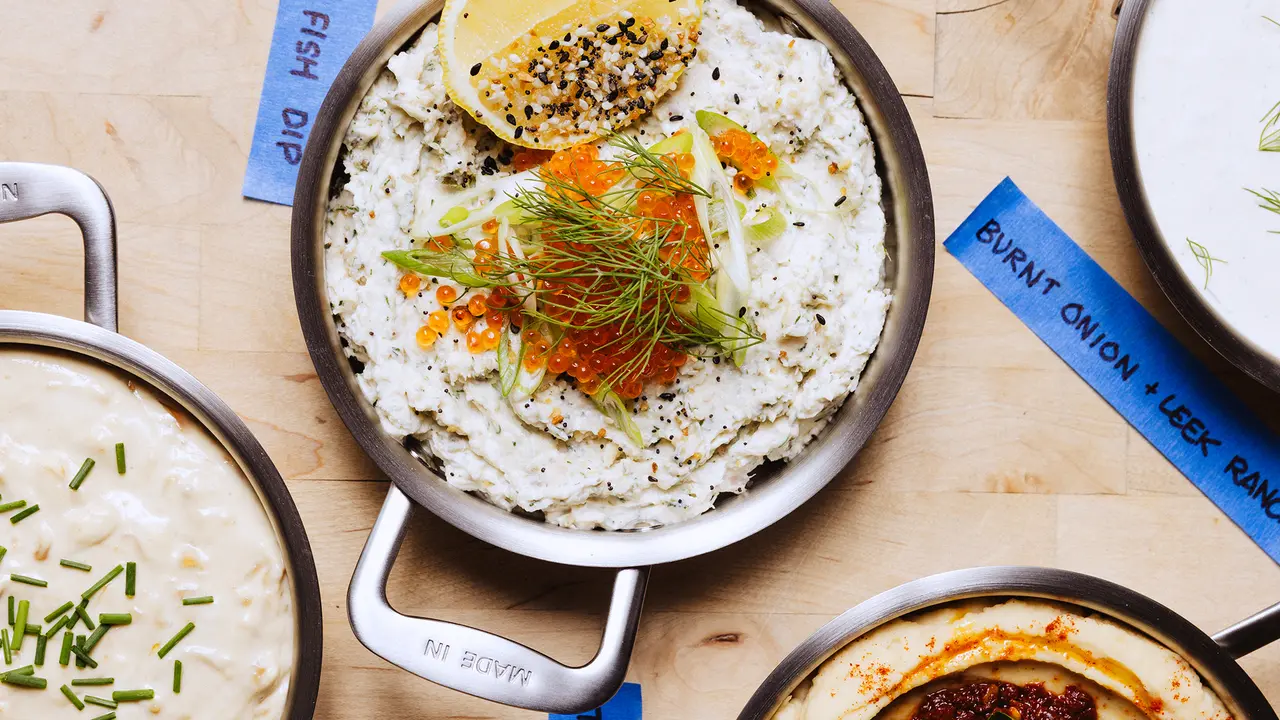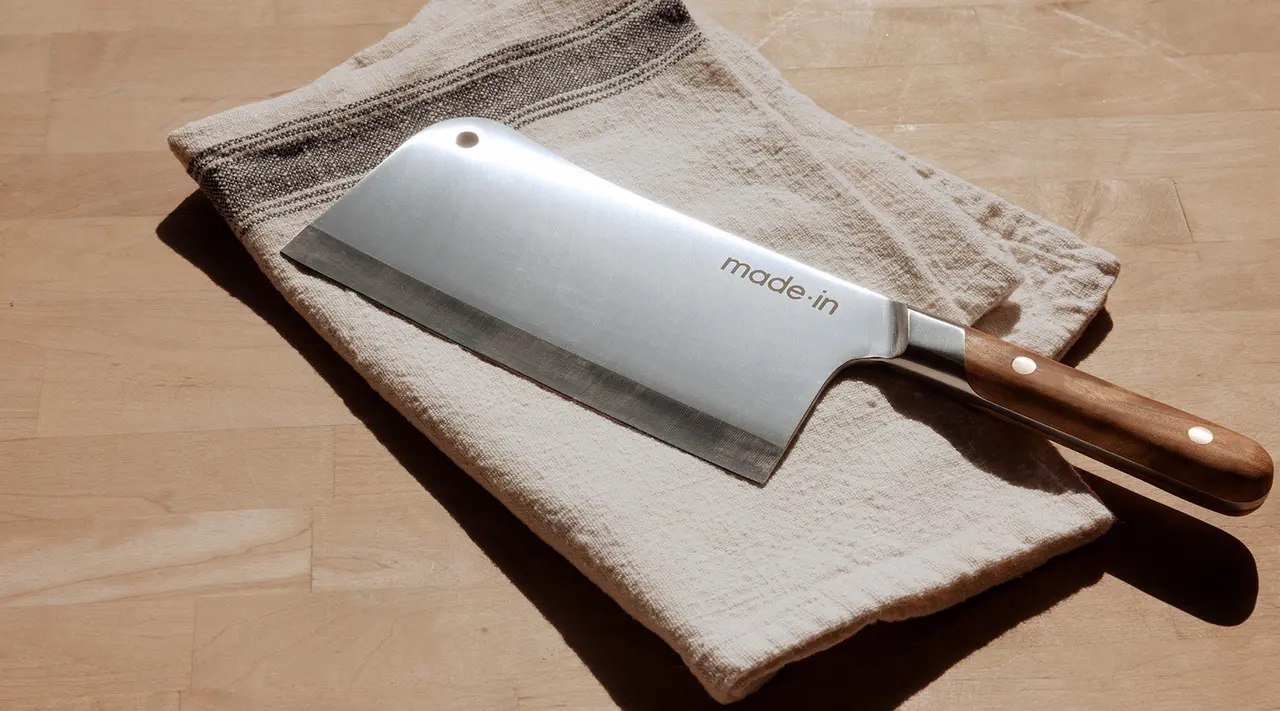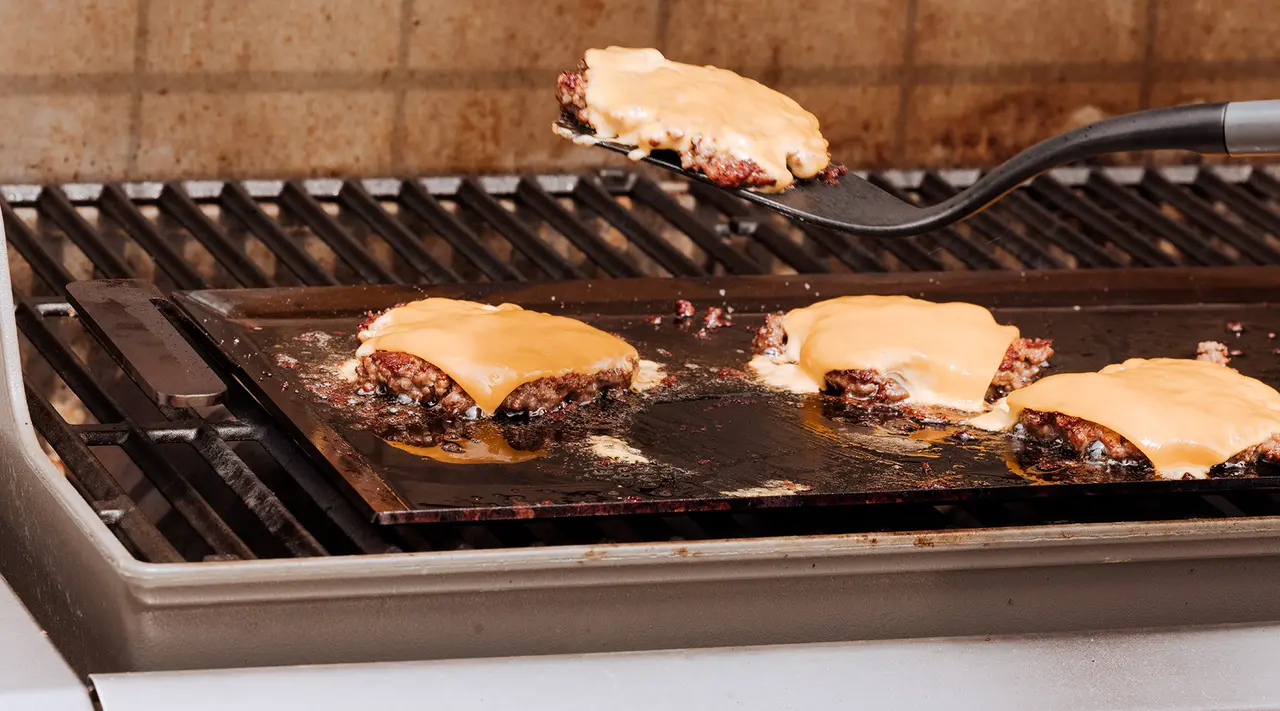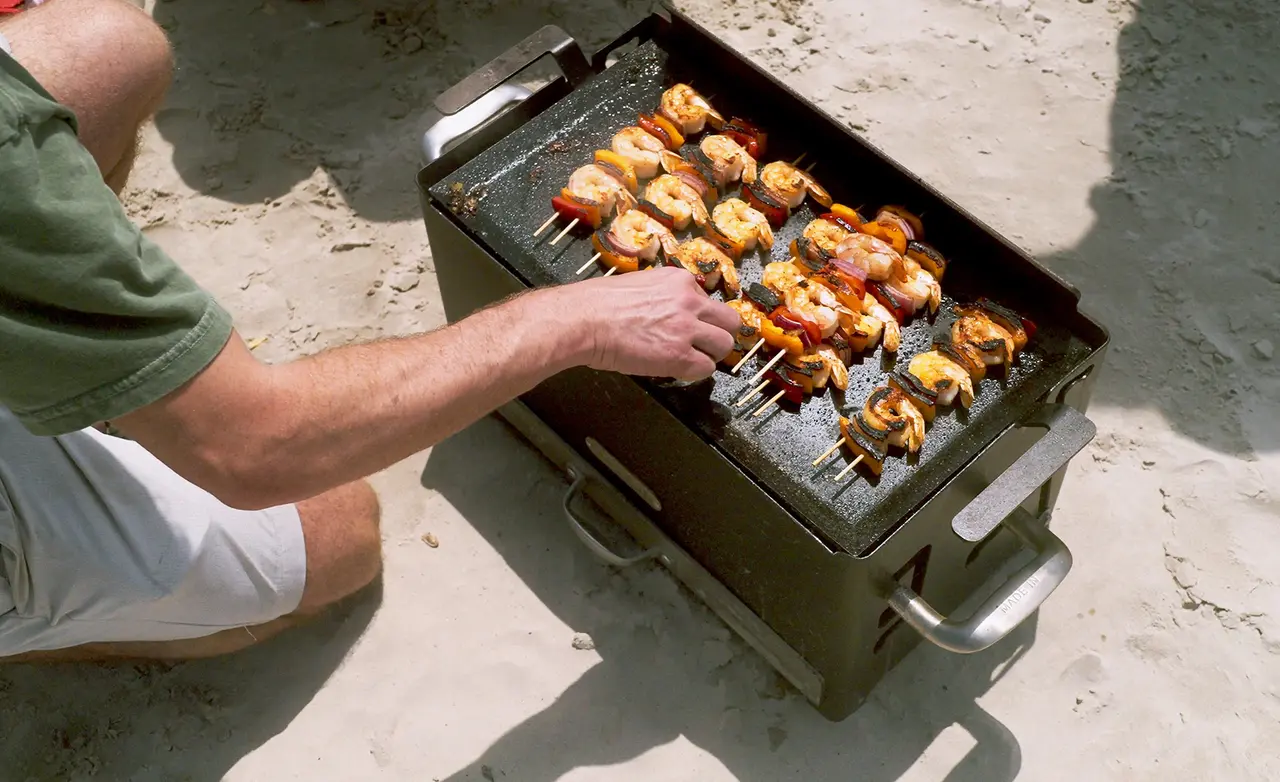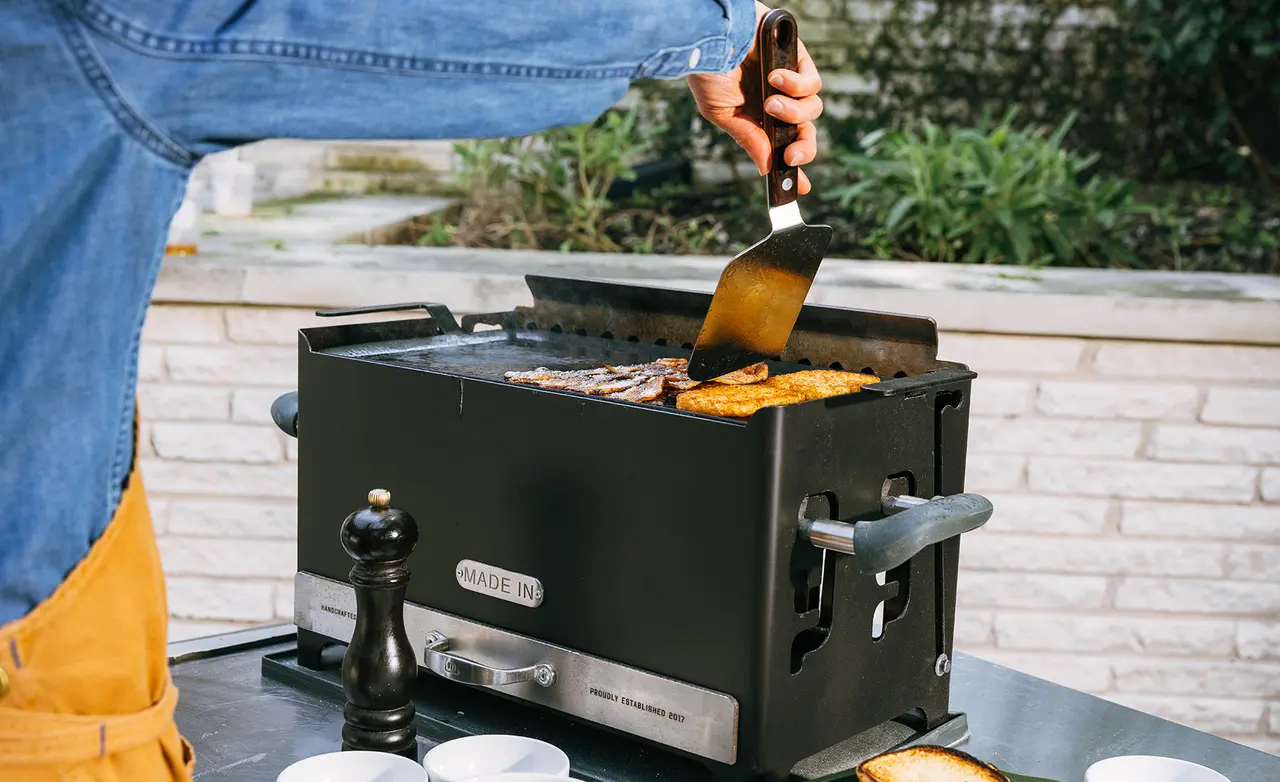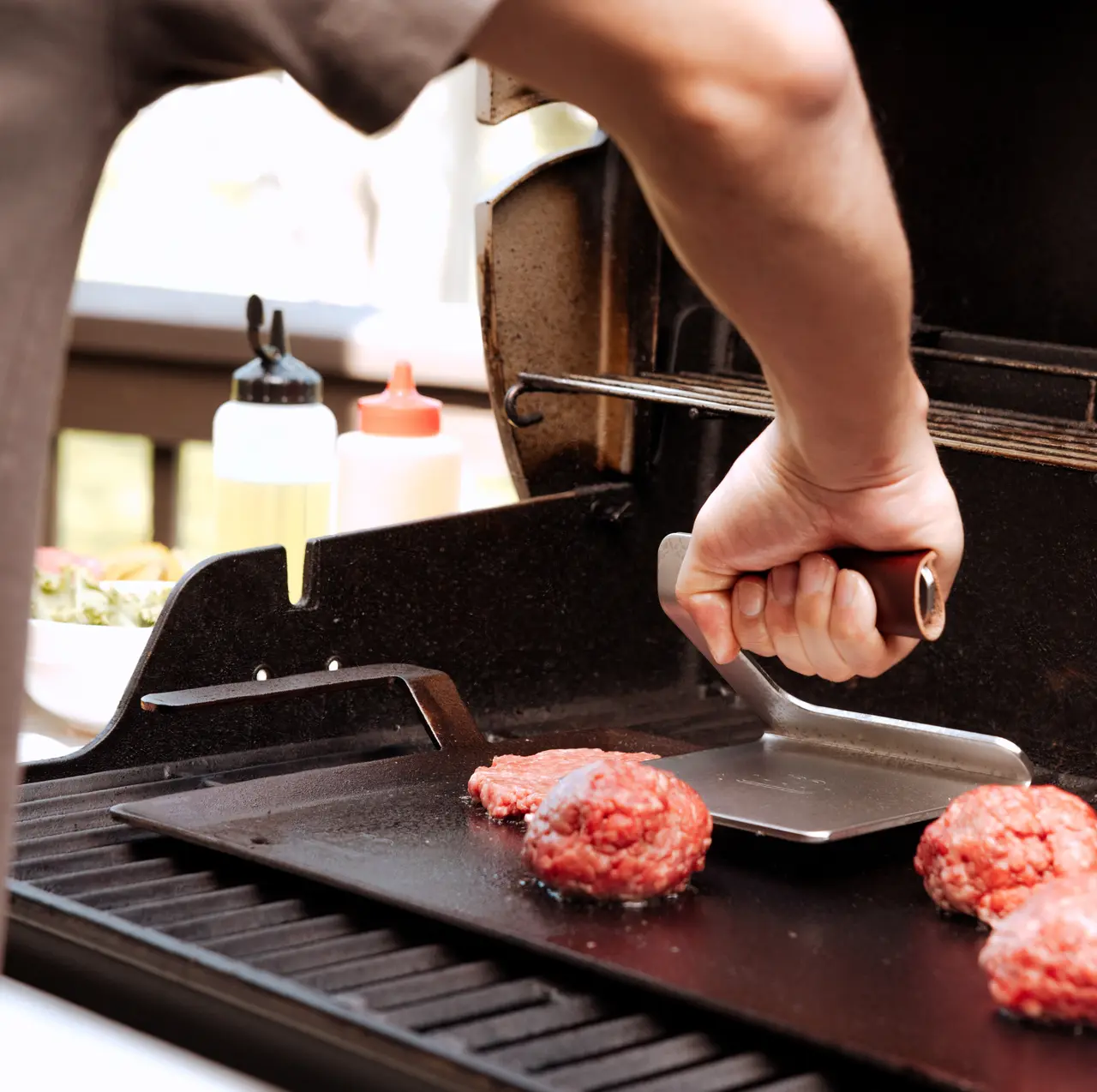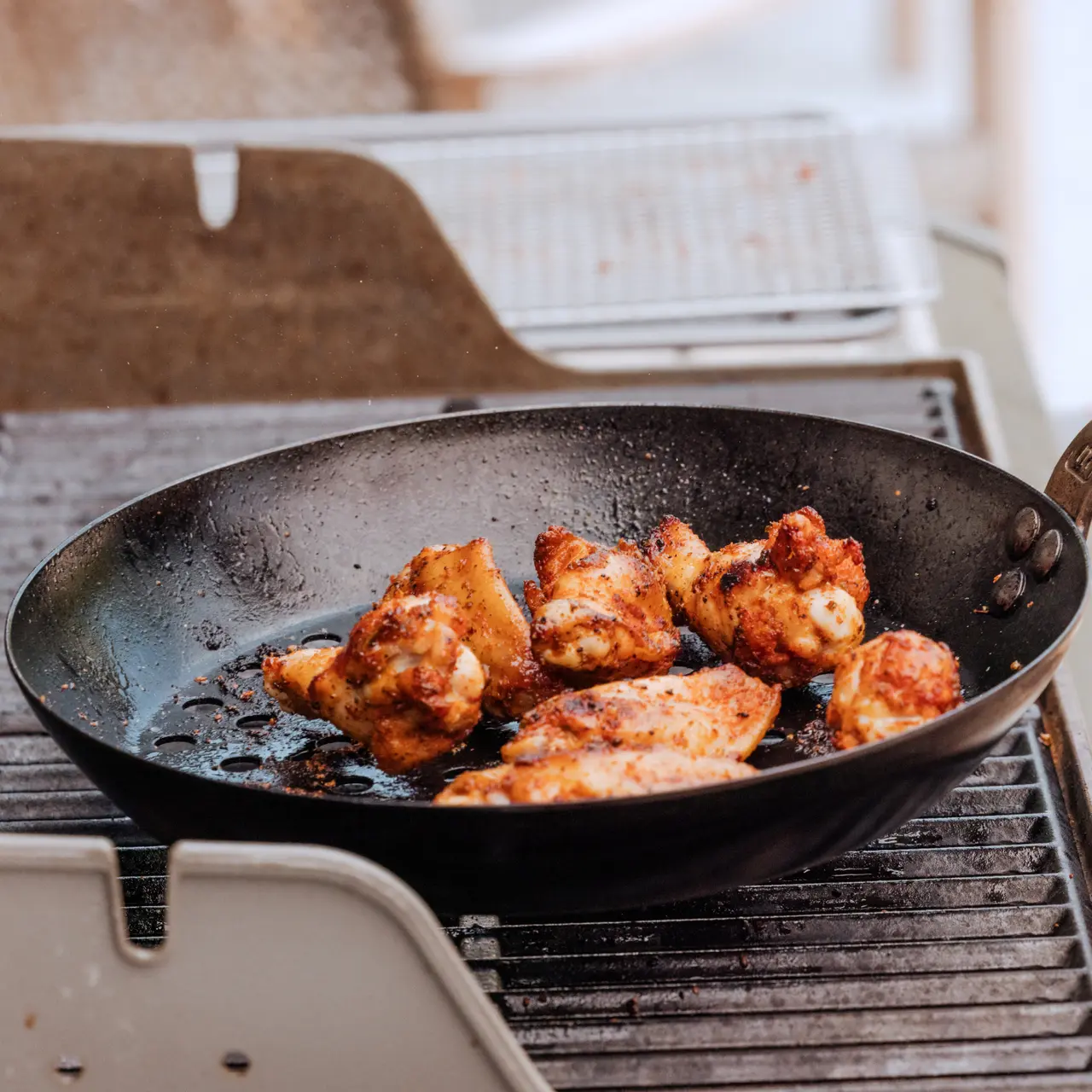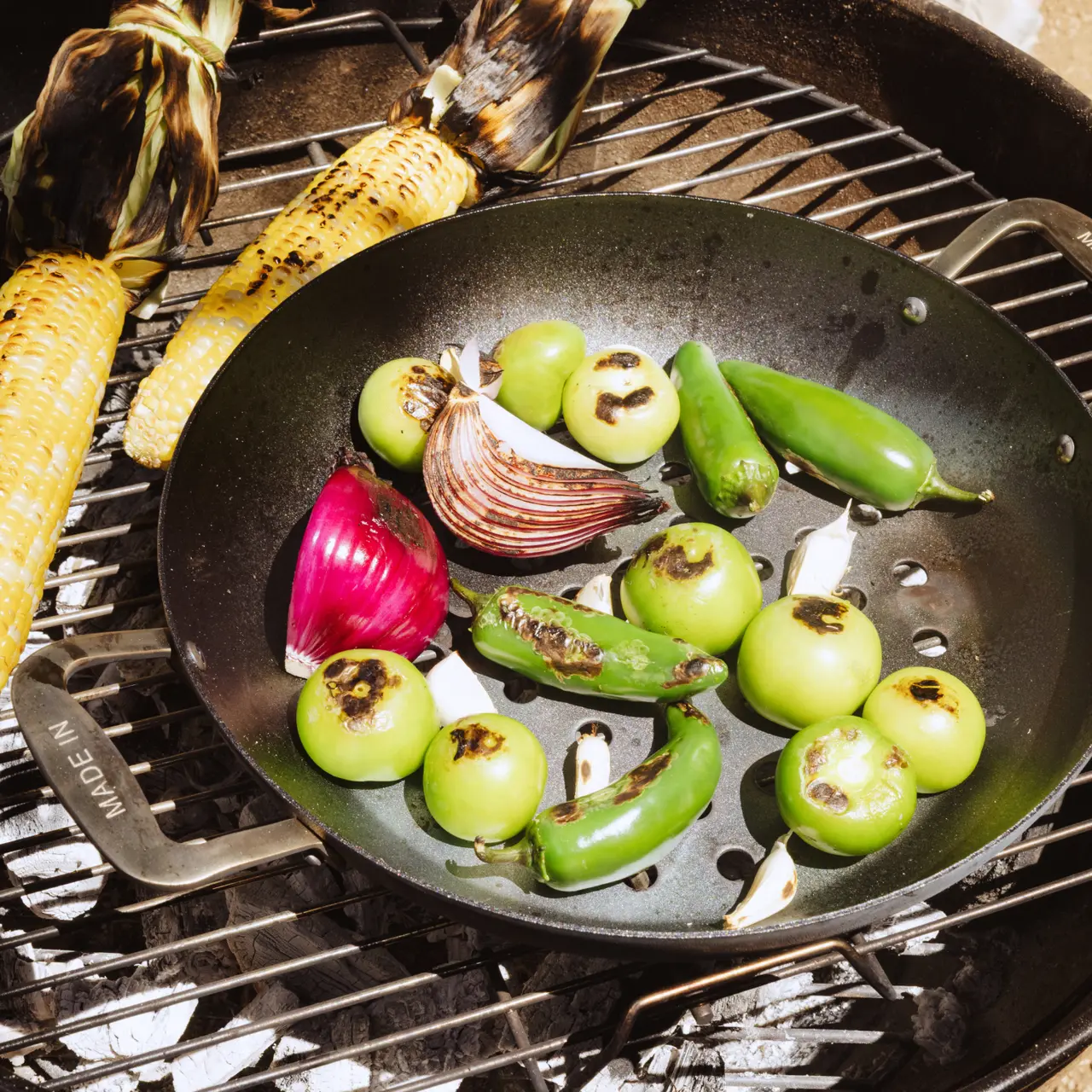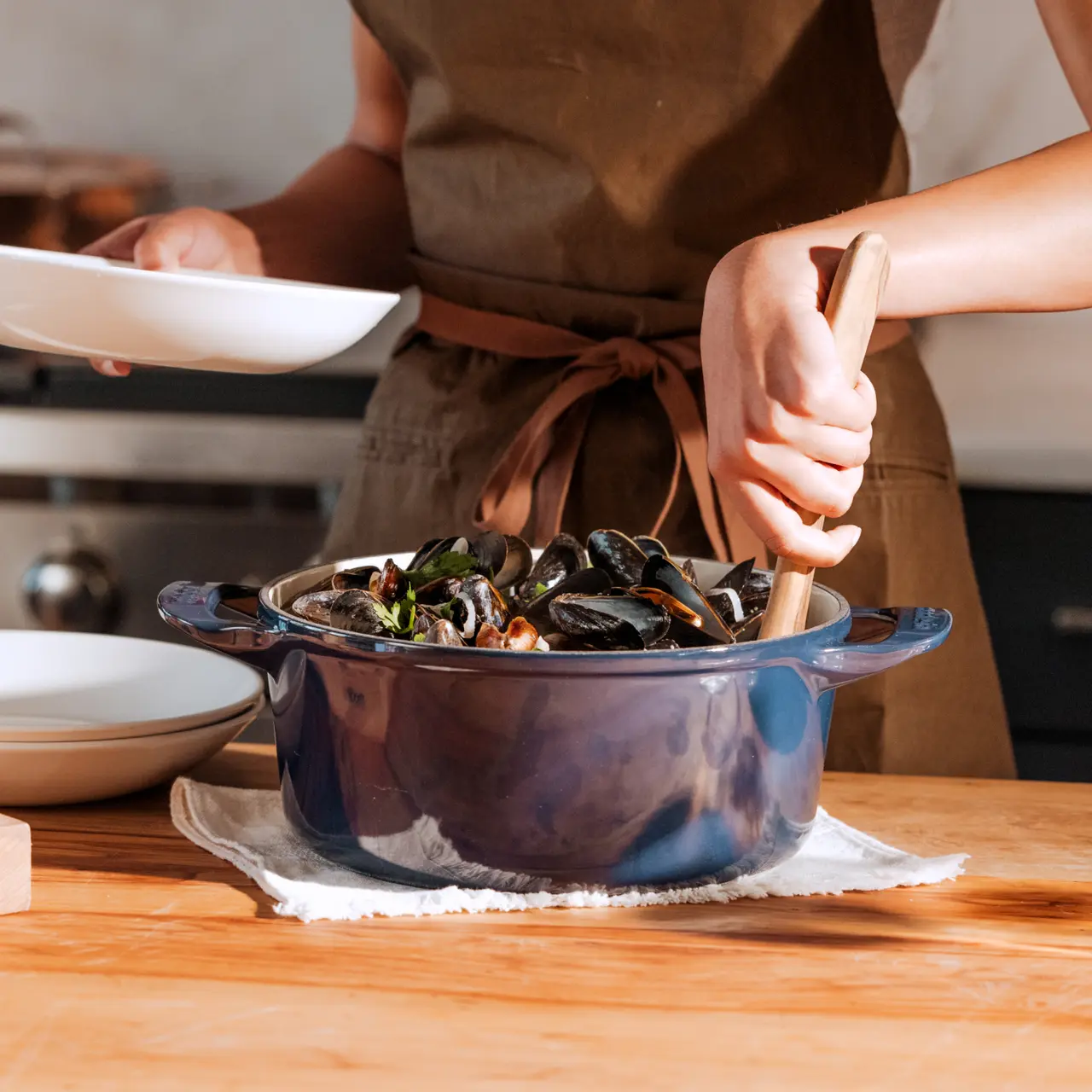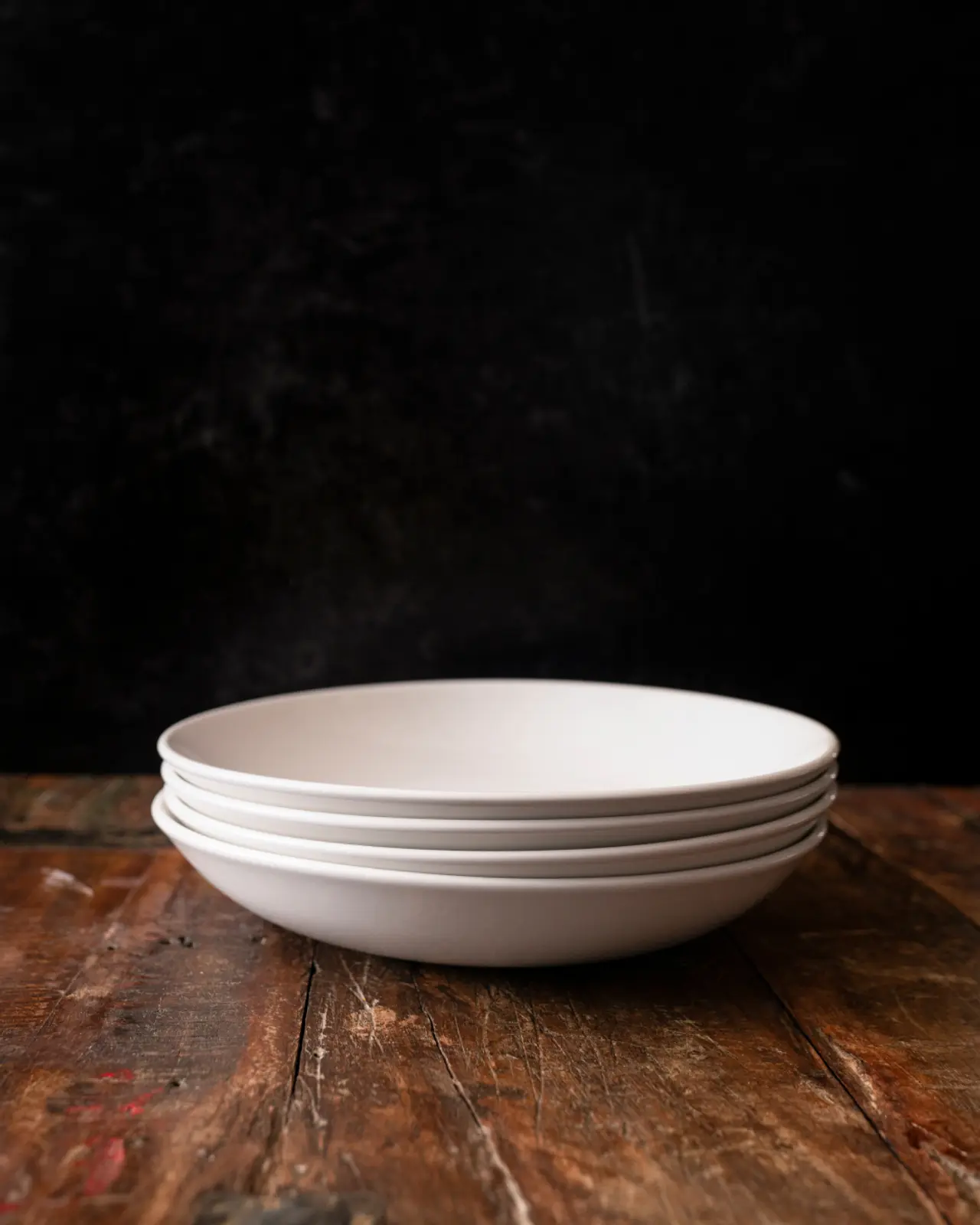While a sous vide might be much quicker, we think braising is better any day of the week. Sure, the meat may be similarly tender, but there’s something about the smell of food cooking slowly in the oven we just can’t get enough of.
And besides, with a sous vide, you miss out on the very best part of cooking meat low and slow: the cuisson.
Cuisson, the French word for “poaching liquid,” is the broth you’re left with in your cooking vessel (we love a Dutch oven for this) after you’re done braising or shallow poaching. “It’s one of my favorite parts of braising,” says Chef Steve McHugh of Landrace in San Antonio, “and why I personally prefer it to a sous vide.”
While you may have discarded this broth in the past, think about it: it’s the most flavorful liquid you might come across in your life, no exaggeration. “The point of braising is to infuse the meat with flavor, ” Chef McHugh says. “By necessity, some of the flavor from the meat will go into the liquid, and man, is it delicious.”
Since braising involves slowly cooking a piece of meat in a combination of water, aromatics, alcohol, and eventually its own drippings, the end result is a deliciously fortified stock that money can’t buy.
If you really want to get fancy, you can add even more nuance to your cuisson. For example, instead of simply braising in water, include some aromatics, a mirepoix, and some fresh herb bouquets, maybe accompanied by whole peppercorns. You can also use other liquids too.
For example, replacing the water with stock or wine will add depths of flavor to both the meat and the resulting cuisson.
Chef McHugh sees value in this minimal-waste aspect of braising too. “As a chef, I'm fairly stingy—to run a profitable restaurant, it's important not to waste things. And there are just so many uses for cuisson.”
As for what to do with that leftover cuisson, Chef McHugh has too many ideas to count. “Use it as you would stock in risotto. Or you can freeze it and it will keep forever, [then] you can scrape the fat off and use it to cook eggs,” he suggests. You can even reuse it for your next braise.
“But,” he continues, “the best use I can think of would be in a pot of beans. That'd be just perfect.”
Cuisson is truly liquid gold. Just as you’ve been taught to save your pasta water, next time you cook in your Dutch Oven, whatever you do, start saving your braising liquid.


